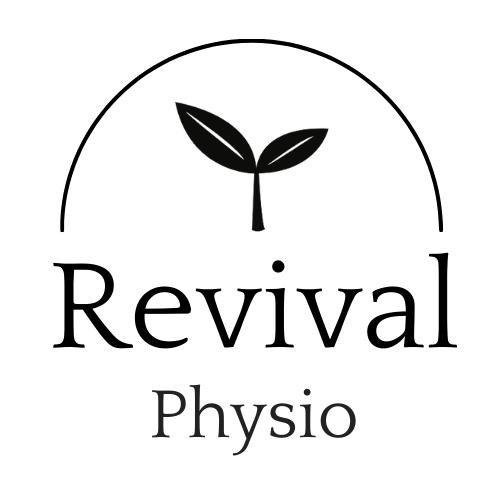
Jaw Pain: How TMJ Physiotherapy Provides Effective Relief
TMJ (temporomandibular joint) dysfunction refers to a group of conditions affecting the jaw joint and surrounding muscles. This can result in pain, restricted movement, and difficulties in chewing or speaking. Physiotherapy plays a crucial role in managing TMJ dysfunction through various interventions aimed at reducing pain, improving jaw function, and enhancing the quality of life for individuals affected by this condition.
Physiotherapists assess the movement and function of the jaw and evaluate factors contributing to TMJ dysfunction, such as posture, muscle tension, and stress levels. Treatment strategies often include:
Manual Therapy: Hands-on techniques are used to improve joint alignment and mobility. This can involve gentle manipulation of the jaw and surrounding structures.
Exercise Programmes: Specific exercises are designed to strengthen the jaw muscles, increase range of motion, and promote proper jaw biomechanics. Stretching exercises can also help relieve tightness in the muscles surrounding the joint.
Postural Training: Education on proper posture can be beneficial, as poor posture may contribute to TMJ issues. Training may focus on aligning the head, neck, and shoulders to reduce strain on the jaw.
Modalities: Techniques such as ultrasound, heat, or cold therapy may be used to manage pain and inflammation, enhancing the effectiveness of other treatment modalities.
Advice on Habits: Physiotherapists provide guidance on lifestyle habits that may exacerbate TMJ dysfunction, such as teeth grinding or jaw clenching, and offer strategies to modify these behaviours.
Relaxation Techniques: Stress management strategies, including relaxation exercises, can be incorporated into treatment to address the emotional factors that may contribute to TMJ symptoms.
By combining these approaches, physiotherapy aims to alleviate pain and dysfunction associated with TMJ disorders, enable individuals to regain full functional movement, and promote overall well-being. Regular follow-ups with a physiotherapist can optimise recovery and ensure ongoing management of any underlying factors contributing to TMJ dysfunction.
Book in with one of our trained TMJ physiotherapists today!

